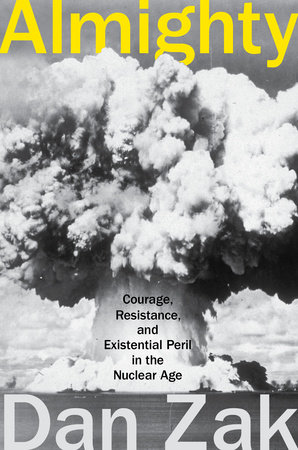I’ve just finished writing a study guide for three of the craziest letters in the New Testament–1, 2 Peter & Jude. The letters cover stuff like: angels sleeping with humans, gang rape, homosexuality, greed, self-made morality, godly character, doubt, faith, eternal fire, eternal life, angels disputing with demons, the end of the world, and its total renewal.
If 1 Peter exults, “Jesus will return,†and 2 Peter rebuffs the claim, “Jesus won’t return,†then Jude exhorts, “Jesus is just about here.†The crazy content in these letters all revolve around the person and return of Jesus, which to some, sounds even crazier. However, there’s an awful lot of history and evidence for the life and ministry of Jesus, and he gathers praise from people around the world, even across religions. Even if you don’t believe Jesus is returning, you should want him to.
Why? Because he’s bringing redemption with him. He’s a God who finishes what he starts. Peter, Jesus’ close disciple says this whole glorious mess of a world will end in dissolution and renewal. He promises that when Jesus returns the world will become “a new heavens and earth in which righteousness dwells” (2 Pet. 3:13). With Jesus back, justice will move into every neighborhood, shanty town, and back alley.
We are all, in the words of Huxley, “Great Abbreviators.” No one tells the whole truth about the whole world. We abbreviate things from our finite perspective, from our own front porch, step, or stoop. Heck, I’m an abbreviator, which is why I need to hear from someone who has full-length understanding. Someone who views all the steps, stoops, and porches–all the souls and the sciences of this world–and can tell me how it I’m supposed to live.
That’s why I find the Bible so meaningful. It tells me who I am by telling me who God is. It’s not a history of everything, but everything in it is historically oriented. It’s not just vague philosophies or moral codes; it’s about real people and events happening in space and time.
And let’s face it; if you’ve seen Stranger Things you know there’s more to this world than what we can see. And the strange things of this world pull us toward the darkness or to the light, toward the end of the world or its new beginning. If all that’s true, then Bible is an indispensable guide to help us through to where we all want to be, a world submerged in justice and peace. In Jesus’ renewed world.

